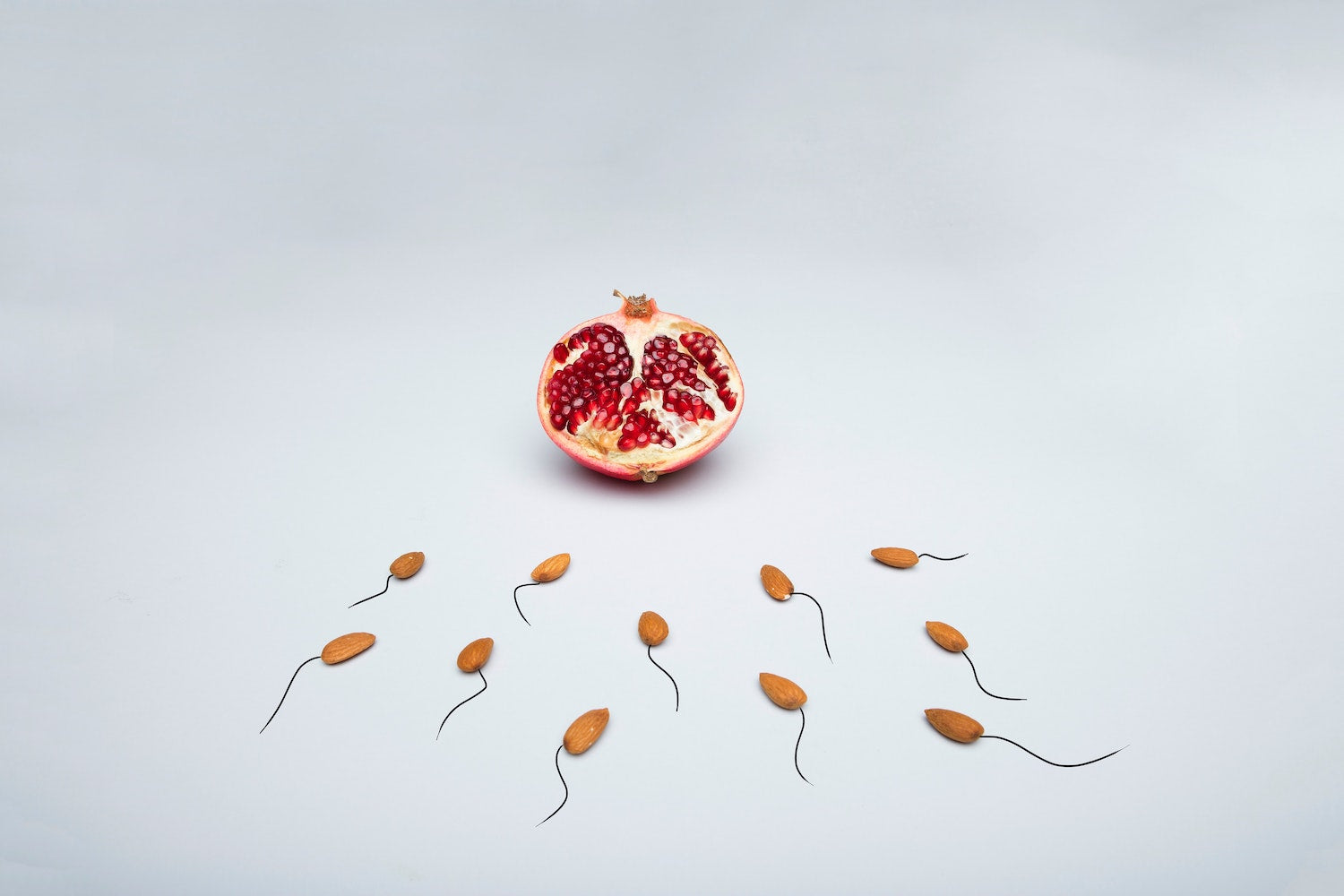Deciding to become a parent is easily among the biggest decisions a woman and a man make in their lifetime. With the nervousness that comes with it, there is also fear and anxiety that you may experience about conception and giving birth.
With the rising number of myths about conception and childbirth, it is important to differentiate between fact and fiction. Understanding the common misconceptions surrounding childbirth can help smoothen the process of conceiving a child.
Here are 5 myths about conception that you should stop believing.
One of the most common myths you might have heard is that ovulation occurs on the 14th day of your cycle. This is one myth you should stop believing, as ovulation can occur early or late, depending on various factors. Ovulation could occur on the 6th day or even on the 20th day of your cycle.
You must know that, on average, a woman’s cycle is 28 days. However, it differs often and from one woman to another. Many women have a shorter or a longer cycle, and the day of ovulation shifting between earlier or later is very common.
You can get pregnant if you have sex during your period, as your ability to get pregnant depends on when you ovulate and not menstruation.
Women often believe that they cannot get pregnant if they are on their period as they are not in their ‘fertile window’. The fertile period is the time frame of five to six days when you can get pregnant. However, if your cycle is shorter and you ovulate on the 7th or 8th day, you can conceive while still on your period.
Age has always been a factor for most women when they decide on conceiving a child. Why? There are many myths surrounding pregnancy. One of them is that it is not possible to have a child after 40. Yes, the risk of infertility increases after 40, along with the risks of a miscarriage. However, many women have conceived at 40 years and after.
Birth control does not cause fertility and is only effective when you take it. Once you stop taking it, your fertility will return. According to research, birth control does not increase your chances of infertility either.
When you are on birth control, it creates an artificial regular cycle that changes when birth control is stopped. This often confuses women, leading them to think that birth control has affected their cycle.
It is important to maintain a healthy diet when trying to conceive. Smoking or drinking is not advisable as it can affect your baby. Apart from this, you should also consume foods with high folate in your diet, as low folic acid may increase the risk of birth defects.
Many other myths and misconceptions surround pregnancy, as each woman has a similar yet different experience. It is always advisable to consult your doctor if you have any doubts about getting pregnant.













Share: